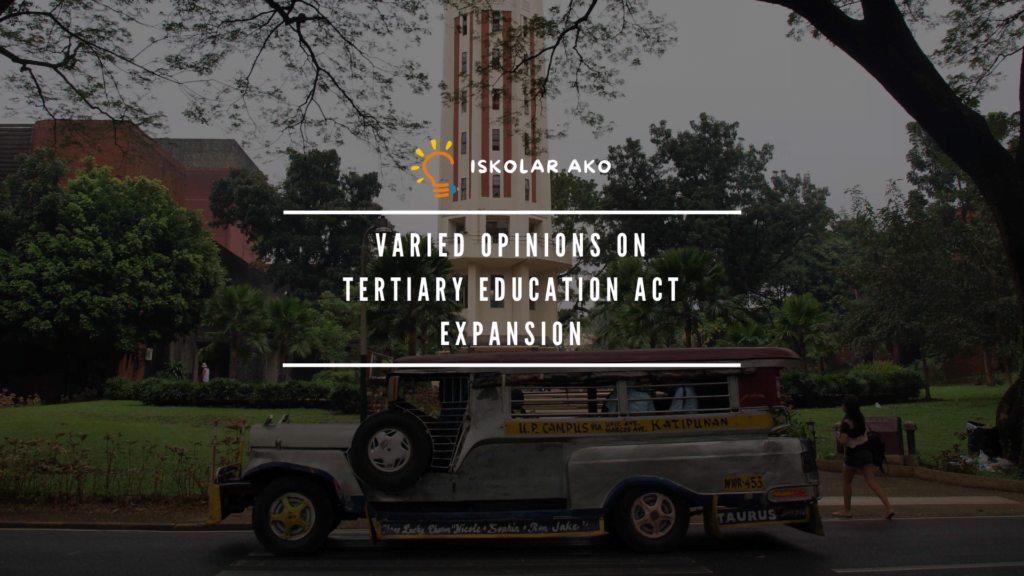
Amidst discussions on educational funding priorities, a stark contrast emerges between the perspectives of current and former finance secretaries and academic experts regarding the expansion of Republic Act No. 10931, the Universal Access to Quality Tertiary Education Act. As the national debt soars to P14.62 trillion, concerns about fiscal sustainability and educational quality take center stage.
Fiscal Sustainability vs. Educational Expansion
Finance Secretary Ralph G. Recto has shown support for possibly broadening the scope of the Act, which facilitates tuition-free education at state universities for eligible students. However, his predecessor, Benjamin E. Diokno, cautioned against such expansion, citing fiscal unsustainability. Echoing Diokno’s concerns, Maria Ella Calaor-Oplas, a De La Salle University economics professor, emphasizes the need to prioritize the enhancement of primary and secondary education over tertiary-level expansion. This focus stems from the belief that foundational education levels require urgent attention and improvement to uplift the overall quality of students progressing to higher education.
The Debate on Quality and Accessibility
Contrarily, Ibon Foundation’s Executive Director Sonny A. Africa advocates for the expansion of the program, highlighting the importance of making quality higher education accessible to all. He argues that such an investment is crucial for the nation’s socio-economic and political future, suggesting that it should not be constrained by current fiscal limitations. The divide in opinions underscores a broader debate on the role of public funding in education, the prioritization of educational levels, and the long-term vision for the country’s educational landscape.
Implications for the Future
As the government grapples with balancing fiscal responsibility and educational aspirations, the outcome of this debate will significantly influence the direction of Philippine education policy. The record-high national debt and the government’s revenue collection performance add layers of complexity to the decision-making process. With education receiving the largest share of the national budget, the choices made today will shape the quality and accessibility of education for future generations.
The discussion also raises important questions about the adaptability of State Universities and Colleges (SUCs) and their alignment with the demands of the modern workforce. The divergent viewpoints on tertiary education funding reflect a critical juncture in Philippine education policy, where decisions must carefully weigh the benefits of investing in higher education against the imperative to bolster basic education and fiscal prudence.
As the debate unfolds, the nation watches closely, understanding that the path chosen will have lasting impacts on the country’s educational and economic trajectory.


